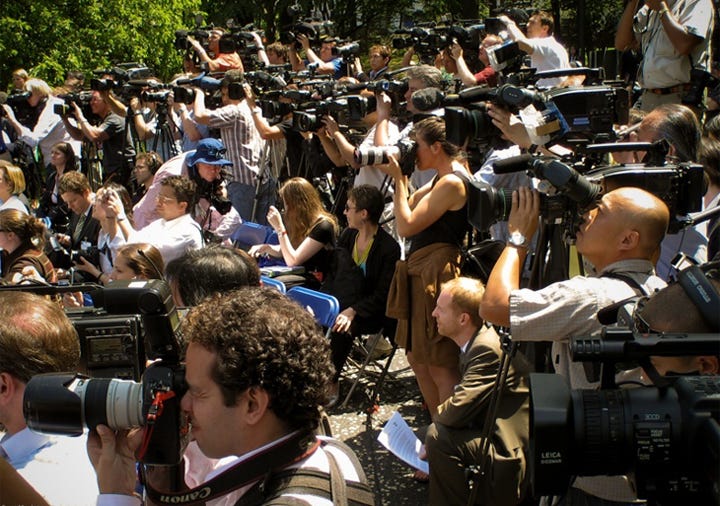What do audiences get wrong about journalism?
I asked some journalists for their views
The work of journalists has never been more open to scrutiny than it is in the age of social media. Overall, this is a good thing because it is important that this key democratic institution be visible to the audience it serves.
It is fair to say, however, that this extra scrutiny has not necessarily improved the product, and that it is has created tensions between journalists and their audience which aren’t always pretty. The industry has remained vigorously resistant to audience input and has done an excellent job of telling itself that most of the criticism they get is really a form of abuse that can and should ignored.
This to not to say that some of the criticism journalists receive is not abuse—it clearly is—or that all the criticism directed at the industry is well-informed or even useful—it clearly isn’t.
Here’s the thing, though.
If we-the-people are going to use social media platforms to tell journalists what we think of their industry and their work, we have an obligation to in…
Keep reading with a 7-day free trial
Subscribe to The Future of Everything to keep reading this post and get 7 days of free access to the full post archives.


